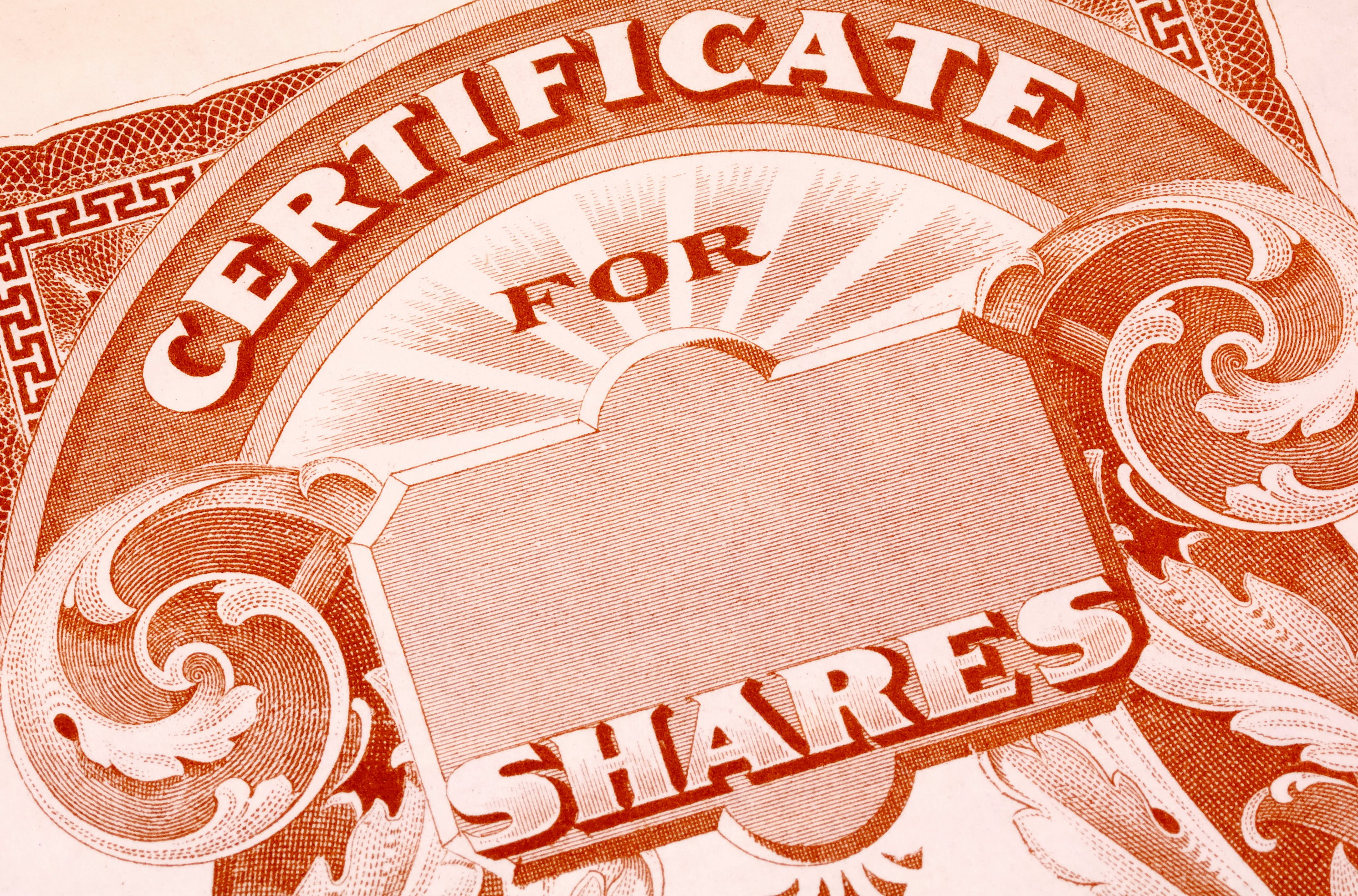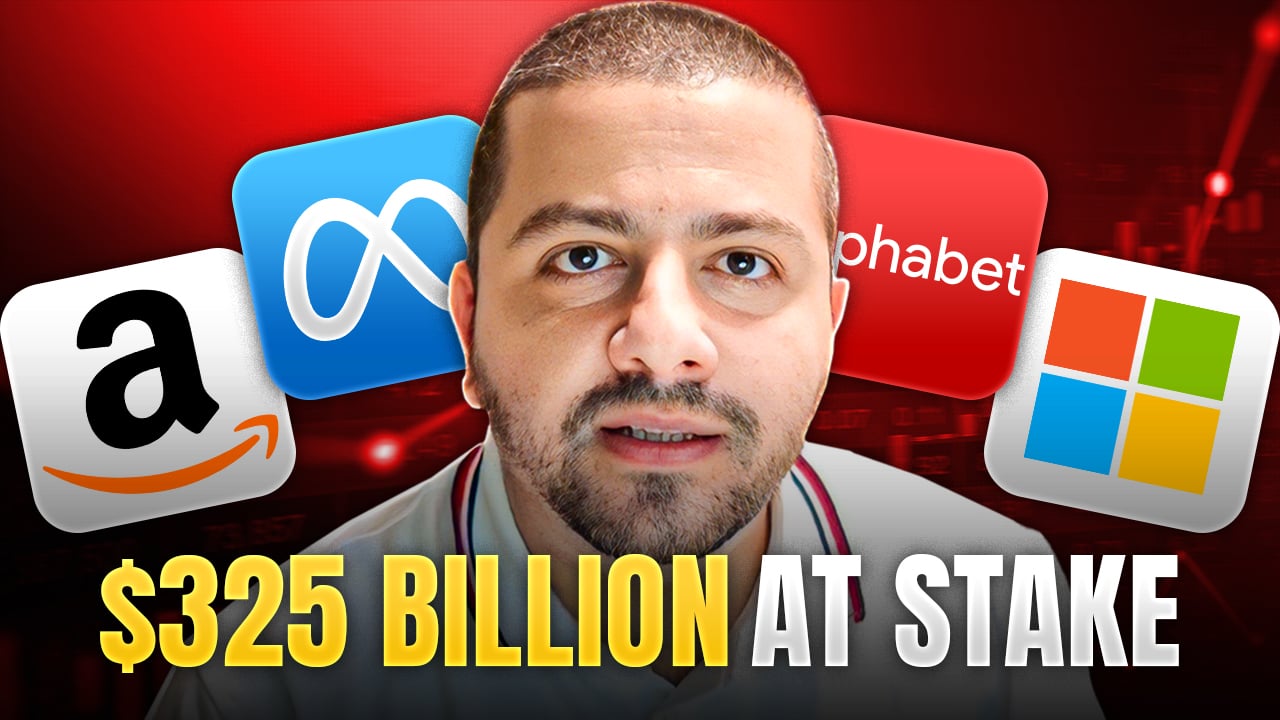Speaking at the Mobile World Congress in Barcelona, Facebook's (FB +0.35%) CEO Mark Zuckerberg described his vision for Internet.org, the Facebook led organization dedicated to providing Internet access to the world. The biggest takeaway from the interview was that he believes the Internet should have the equivalent of a 911 service that provides basic Internet services to everyone for free.
This idea might be a tough sell to wireless carriers and ISPs, but it hasn't stopped Facebook from forging deals with a few small providers to test the waters. Most notably, Facebook made an agreement with T-Mobile's (TMUS 0.65%) GoSmart prepaid service to provide free access to the social network.
The idea Zuckerberg presented is more of a freemium model, where users get free access to basic things like Google (GOOG +0.93%) search, weather, Wikipedia, and basic social networking on Facebook, but travelling away from these services or loading videos or pictures will prompt users to pay for access.
The Internet is just another app
A lot of apps have become hugely profitable through the freemium model. By giving away a product for free, it increases the number of people willing to try it. Zuckerberg says one of the main reasons people that have the means to gain Internet access but don't is because they don't know the value of the Internet. 80% of people live in an area with 2G or 3G access, by giving them free Internet, it allows them to discover what exactly they're missing.
Zuckerberg estimates that there are approximately one billion people that can afford Internet access, but don't purchase it. He says carriers can attract that market through the freemium model, and his logic makes sense. Growing the market by providing small amounts of low-speed data for free should allow companies to upsell more people.
This is precisely the kind of deal Facebook has made with T-Mobile and dozens of other carriers around the world. Carriers bear all the costs, and in the long-run hope to see a positive return as subscribers upgrade to faster data plans with larger data caps.
Can the model work on a larger scale?
The benefits to increased Internet access are obvious for Facebook and Google. The more people on their platforms, the more advertising dollars each company can bring in. The benefits aren't as obvious to carriers.
That's why Facebook plans to work with three to five more partners to provide broader Internet access to its subscribers for free. Success on a broader scale could show the benefits to larger carriers. It could be of particular interest to carriers in emerging markets, as Internet penetration is already strong in North America and Western Europe.
Google is not particularly interested in working with carriers to increase Internet penetration. Instead, the company is focused on providing WiFi access all over the globe including a network of balloons that Zuckerberg made fun of during the presentation. A service like Google's doesn't lend itself well to limited access. By its very nature, Google's main service sends people away from its website to places all over the web, although Google has taken steps in recent years to provide native answers to search queries.
T-Mobile is probably the largest carrier that offers free data to subscribers with the hope that some will pony up for better access. The carrier provides tablet owners with 200 Mb of free data every month as part of its Uncarrier initiative. The move also aims to attract more high value smartphone customers to its service.
T-Mobile notably made a deal with Facebook in December to bring free Facebook access to GoSmart prepaid customers. The agreement will be an important test as it's the first of its kind in the U.S. If it proves successful, T-Mobile may decide to roll out a similar service on a broader scale, further shaking up the wireless industry in the U.S.
Connecting the world
Zuckerberg isn't sure how connecting more people to the Internet will directly impact Facebook's bottom line, and doesn't believe the company's efforts will turn profitable anytime soon if at all. He does believe that connecting more people to the Internet will vastly improve people's well-being and improve the economy.
As the economy improves, Facebook stands to gain as more small businesses join Facebook, advertisers pay more for more valuable impressions, and more users click on ads. It's a long-term vision, but requires cooperation from wireless carriers who must see value in a freemium model. The next few years should see whether or not it's a viable solution to connecting the next one billion people to the Internet.








